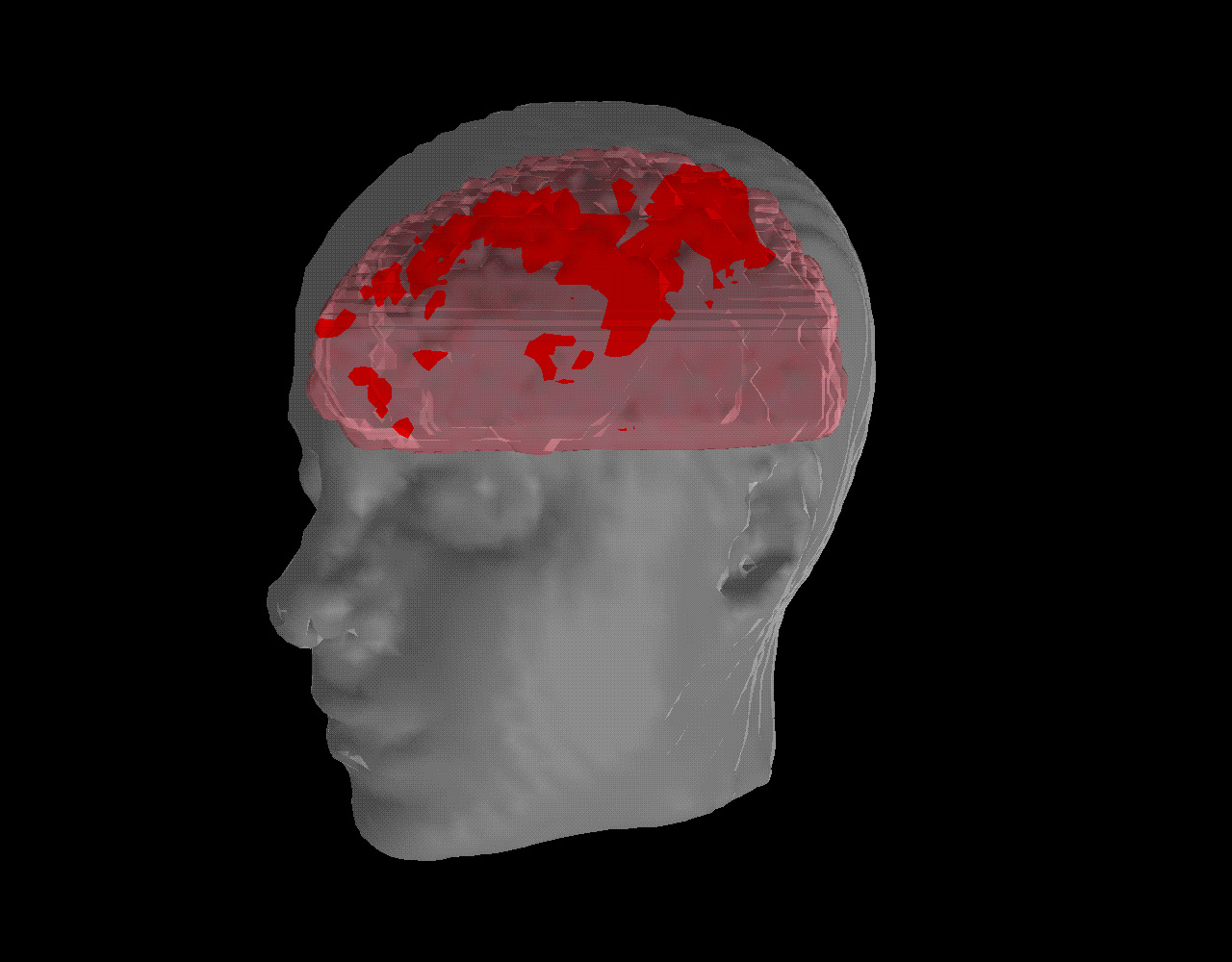Equity theory proposes that individuals compare ratios of their own outcomes and inputs to the ratios of outcomes and inputs of others. According to this theory, if the ratios are unequal, individuals are motivated to take actions that will restore equity. Although equity theory has received considerable attention from organizational scholars, relatively few studies have investigated the cross-cultural applicability of the theory. In this conceptual paper, the value-orientation model of culture is used to identify the ways in which the cultural context may influence how employees conceptualize inputs and outcomes, their selection of referent others, their equity preferences, and their reactions to inequity. The paper also describes potential avenues for future investigations of equity theory in cross-cultural settings. Finally, some practical implications of this work are discussed as well. Copyright © 2007 John Wiley & Sons, Ltd.
Blogged with Flock


No comments:
Post a Comment